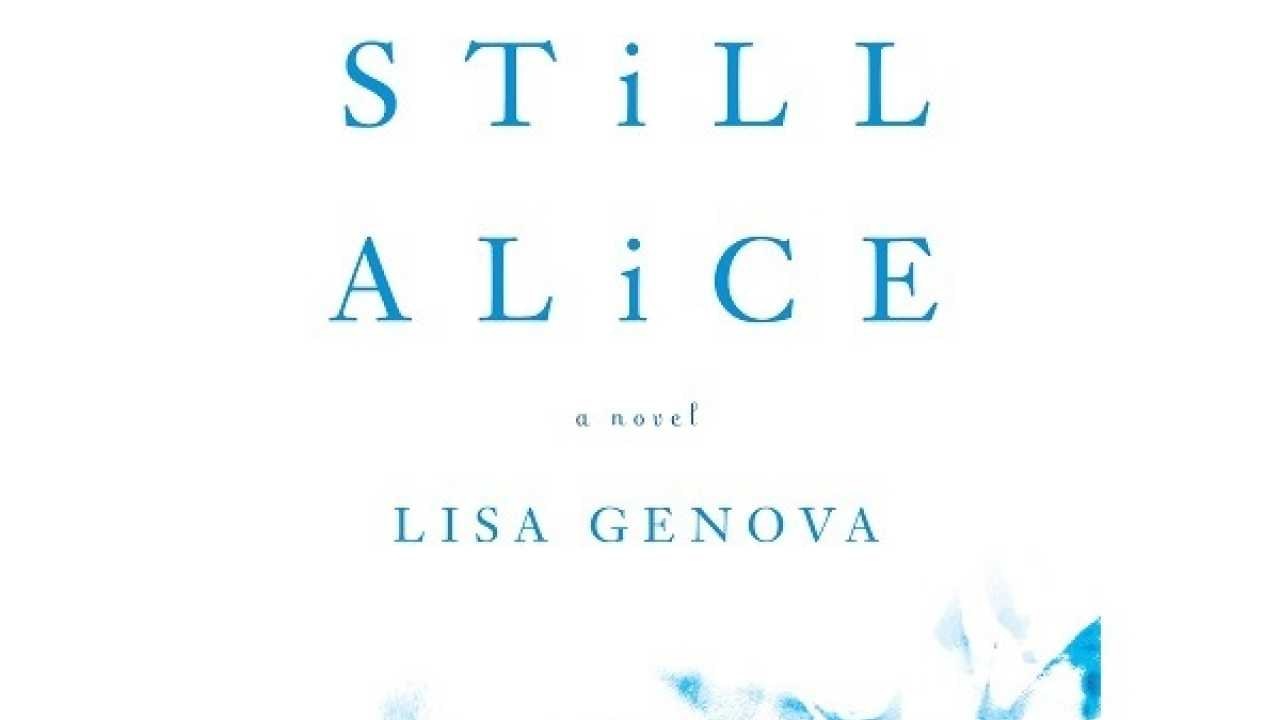
Book: Still Alice
Author: Lisa Genova
Publisher: Simon & Schuster
Pages: 345
This compelling debut novel tells the tale of a 50 year old celebrated professor at Harvard who finds herself diagnosed with early on-set Alzheimer’s.
Alice Howland is a cognitive psychology professor at Harvard and a world-renowned expert in linguistics, and the author of a book From Neurons to Nouns. She is married to a medical researcher who adores her. They have three beautiful, successful children, an apartment on the Upper West Side, and a house at the beach. She appears to have it all. Then she gets diagnosed with early on-set Alzheimer’s and with that, her whole life changes.
In Still Alice, you get a look at Alzheimer’s firsthand. You are inside Alice’s head at every step of the way. You follow Alice as she starts grappling with simple problems, forgetting a word mid-speech, populating her sentences with thingy’s, a word she uses to compensate for things she can no longer remember, or forgetting the recipe to a pudding she has made countless times. As Alice’s symptoms get worse, you are drawn into scenes where your heart breaks for Alice as she forgets her daughter, how to lick an ice cream cone, or where the bathroom is in her house.
Alice’s frustration at forgetting words and people is nothing compared to having people avoid her because she is mentally ill. In one poignant scene in the book, Alice wishes she had cancer instead so that she could at least fight it and have people support her through it. Here, she is all alone.
Still Alice isn’t melodramatic and doesn’t emotionally manipulate you with weepy scenes. It is a compelling look into a woman's deteriorating mind and how this affects the people around her. Since the book is told from Alice’s perspective, you aren’t given many details about how her condition really affects her family especially her husband John. Being a caregiver for someone with the disease is difficult and you find yourself questioning his many decisions, particularly to leave his wife alone in her time of need. You never know what John is feeling, his thoughts, his refusal to accept reality and his frustrations.
Since Alzheimer’s is genetically-linked, all her three children get tested for it. Her daughter Anna’s tests come out positive, and it would’ve been interesting to know more about how she faced up to the fact of having children and passing the mutation onto them. There is a lot of medical jargon in the book which can get a bit tiresome. Still Alice also makes you question how the story would have worked out different if told by someone who wasn’t as smart or financially stable or as cared about as Alice.
Alice's story will scare you. After all, we could be Alice. We generally forget small things, people’s names or sometimes what we ate for lunch a few days back. What if one day your memory fails you? How would you react if faced with the possibility of losing yourself, of watching the familiar faces around you dissolve into nothingness, of grasping to hold on to memories of your life, and of turning to your smartphone instead of your memory to help you plan your day. What are we, after all, without our thoughts?